Although tipping is frequently viewed as a standard, even benevolent aspect of the American service industry, a post-covid workforce reveals that tipping is a largely flawed system which allows service industry workers to face discrimination at the hands of consumers, and exploitation from their employers. While several restaurants across America have attempted to implement a no-tipping policy, opting instead to raise their prices and pay their servers a higher hourly wage, it is evident that a larger, cultural shift in mindset towards service workers is necessary to make this an effective, wide-scale shift.
The Federal minimum base wage for servers in the United States is a whopping $2.13 an hour, less than a third of the already controversially low federal minimum wage, although this number fluctuates by state. While most servers anticipate making up the difference in tips, and frequently do, they are still ultimately facing a gamble when determining how much they will make in a shift. Hope, a waitress at a prominent sushi restaurant in Boise, Idaho, admits that when she receives a table that is unlikely to tip she does not pay as close of attention to them as she would a table that appears likely to leave a sizable tip.
“When a group of teenagers is seated in my section, I’m not going to take time away from other tables to constantly check in with them. I make three dollars an hour. The time I spend on every table counts, so I’m going to prioritize groups that are actually going to make that time worthwhile.”
Hope’s candid framing of an average shift in a serving job does not reflect poorly on her skills as a server, but rather illuminates the compromises that servers are forced to make when they rely on tips to bring home a livable wage.
“When a group of teenagers is seated in my section, I’m not going to take time away from other tables to constantly check in with them…”
As a result of Covid-19, many industries experienced a quick and drastic labor shortage, which has been dubbed The Great Resignation. While the phenomenon quickly became a controversial talking point in the work ethic of the current generation, it has the potential to incentivise a cultural reimagining of how America treats its essencial workers. The service and hospitality industries were most dramatically affected by the Great Resignation, two industries where employees rely heavily, if not entirely, on tips to make ends meet. This noticeable flux in service workers indicates two things: that many service workers no longer feel the gamble of a tip based income is worthwhile, and that the average consumer feels the effect of a loss in service industry employees.

In hopes to better retain and compensate quality employees, several US restaurants have attempted to implement no-tipping policies, but most have revoked these policies in response to customer backlash. Establishments ranging from Joe’s Crab Shack to more upscale restaurants have attempted to eliminate tipping, instead offering servers higher wages and competitive benefits. However, after customers complained about the higher prices, most of these restaurants transitioned back to the American standard method of tipping. The issue, according to several restaurant owners, was not that they slightly raised their prices, but rather that their competitors were not doing the same. Although a meal would likely cost the same after a tip or service charge, the appearance of a cheaper meal drew more customers to competing businesses, making this no-tipping model unsustainable for restaurants attempting to blaze the trail alone.
If tipping is a system that does not benefit both the employee and the customer, what can be done to change it?
The answer seems to lie in a cultural shift in America’s mindset towards service workers. Currently, service industry jobs are often perceived as temporary, more akin to a gig than as a legitimate career, despite the fact that the service industry has time and time again proven itself to be essential. The Great Resignation has demonstrated how harshly an absence in service workers can be felt by consumers, illustrating that a higher base pay is not only deserved, but long overdue. Providing a reliable, livable base pay within the service industry would allow employees to plan their futures with better financial security, and provide consistency within an industry that is notorious for high rates of turnover.
As one of the fastest growing cities in the US, Boise, Idaho seems like a uniquely opportune city to trailblaze a shift away from the standard tipping model. With a skyrocketing population, plenty of new restaurants, and a strong community mindset to protect local business, it appears that Boise’s restaurant industry may be in a favorable position to test out the impact that removing tips would have on not only their own businesses, but on the community as a whole.
The Idaho Department of Labor projected that food preparation and serving jobs will have the highest rate of openings during the 2020-2022, a trend that is likely to continue. As Boise continues to grow, established restaurants not only have the opportunity to set a new standard among other cities, but also to showcase the difference that can be made on a community level when service workers are paid a fair and predictable wage.
Katie Lotz is a writer based in Boise, Idaho. Her writing has been published in Sunstroke Magazine, and she was a featured artist for the Treefort Music Festival.












